Empathy
Empathy: There’s an App For That!
Using smartphones to make us socially smarter
Posted March 14, 2017
In today’s world, it seems like there is an app for everything, and many of these apps claim to make you “better” – a better writer, better at math, or happier. However, many of these apps make these claims without ever scientifically testing them. As an interdisciplinary social science research team, we noticed this gap in the app marketplace, and set out to create scientifically sound content aiming to promote empathy in children.
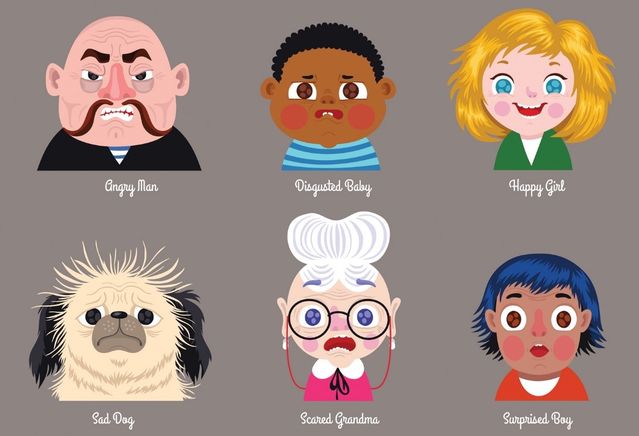
Empathy involves a cognitive aspect of imagining other people’s perspectives and worldviews, and an emotional aspect of feeling compassion and concern for them.
You might wonder, can you even teach empathy, and if so, how can this be done? While part of a person’s empathy can be attributed to genetic factors, dozens of studies find that empathy can also be taught and learned. There are many ways in which research has shown that empathy can be successfully taught, but many of these methods are costly and difficult to inject into everyday interactions. With the growth of technology, mobile phones and the internet provide an avenue to reach high numbers of young people with relatively low effort.
Given that empathy is teachable, and that teens use their cell phones regularly throughout the day, our goal was to build empathy in teens by creating an interactive smartphone app. With this goal in mind, our challenge was to translate interventions that have been known to increase empathy in other face-to-face settings like classrooms to mini-games that can be easily played on smartphones throughout the day.
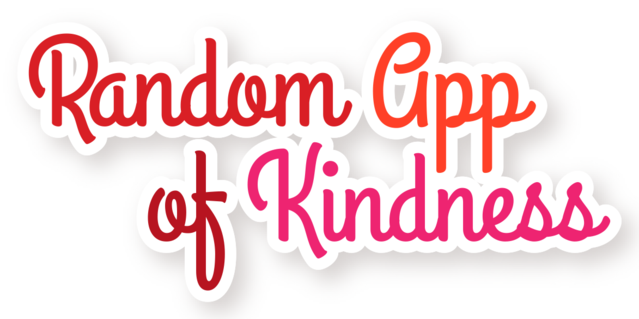
The resulting app, Random App of Kindness (RAKi), includes 9 mini-games, each of which are based on scientifically established ways of promoting aspects of empathy. I’ll give a preview of 3 of these here:
1. Slidefaces: This game aims to improve players’ emotion recognition. Emotion recognition is a cognitive skill-based type of empathy, which makes it very teachable. In this game, players are presented with one of 6 basic emotions (anger, disgust, fear, surprise, happiness, or sadness), which our animators based on Paul Ekman’s Facial Action Coding System. There is a face on the screen split into three rotating sections that can be spun by the player. The goal of the game is to match the face to the emotion.
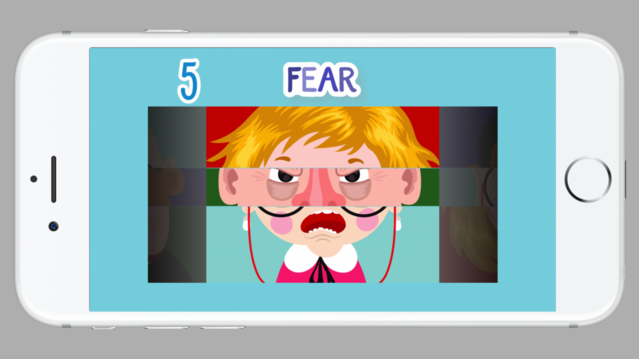
2. Venus Fly Trap: This game aims to improve players’ ability to inhibit their dominant responses (i.e. response inhibition). People who have better executive function skills, including response inhibition, also show more empathy and are more likely to help and give to others. In this game, players are supposed to water a Venus fly trap. When the screen says “WATER,” the player taps the screen as quickly as possible causing the water jug to water the plant. However, when the screen says “DON’T WATER,” players must quickly stop tapping, or risk overwatering the plant, and thus losing points.
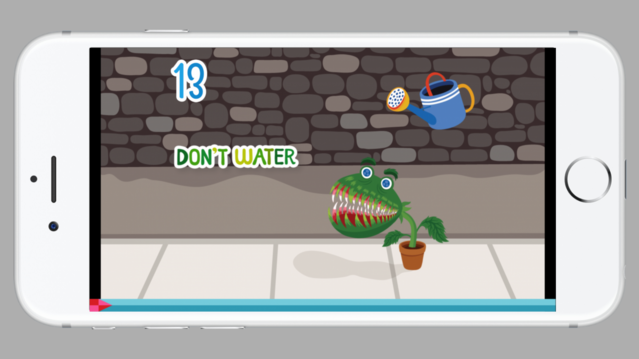
3. Crying Baby: Research suggests that the development of empathy is rooted within parental care and nurturance, and that empathy can grow in the presence of vulnerable and needy others such as infants. In this game, a baby is crying and the player must choose from a variety of items to soothe the baby. The correct item corresponds with the baby’s facial expressions and vocal tones while crying. This game used actual baby cries corresponding to real hunger (bottle) and discomfort (diaper). We also include two harmful items because part of caring for babies is avoiding exposing them to harm.
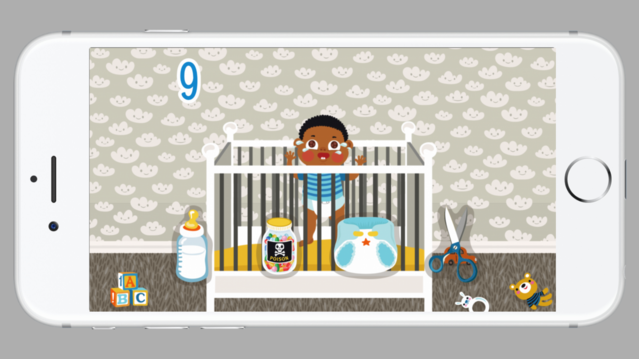
But I don’t want to give away all of the mini-games – you need a reason to play! To download the free app and to learn more about the individual mini-games, check out www.rakigame.com. It's available for Android and Apple devices. The nine mini-games included in this app are tied together by an overarching story with a different part of the story introduced through a short video after the player beats the different levels of each mini-game. Once players beat the entire game, they get to view the final video, which pulls together the full story along with the game’s theme song.
However, as mentioned in the beginning, we believe that just creating this game was not enough. We also ran a randomized control trial with teens in the Indianapolis area. Teens ages 10-17 were randomly assigned to play either RAKi or a control app (Two Dots) for two months. After playing the app for two months, our preliminary (unpublished) analyses found that teens in the RAKi condition had more empathic emotional responses to a person in distress, and were more likely to help that person, compared to those who played the control app.
Technology isn’t going to go away, so we need to find ways to use it in a positive way. Creating a research based, empirically tested smartphone game is just one way to do this, and we hope that our work will inspire other researchers to build and test similar apps in the future.
-------------------
Note:
This project was led by me (at IU Lilly Family School of Philanthropy), in collaboration with Brad Bushman (Ohio State University), Rich Tolman (University of Michigan), and Matthew Winslow (Eastern Kentucky University). The main developers were HabitatSeven, with support from Hopelab. It was funded by The John Templeton Foundation.




